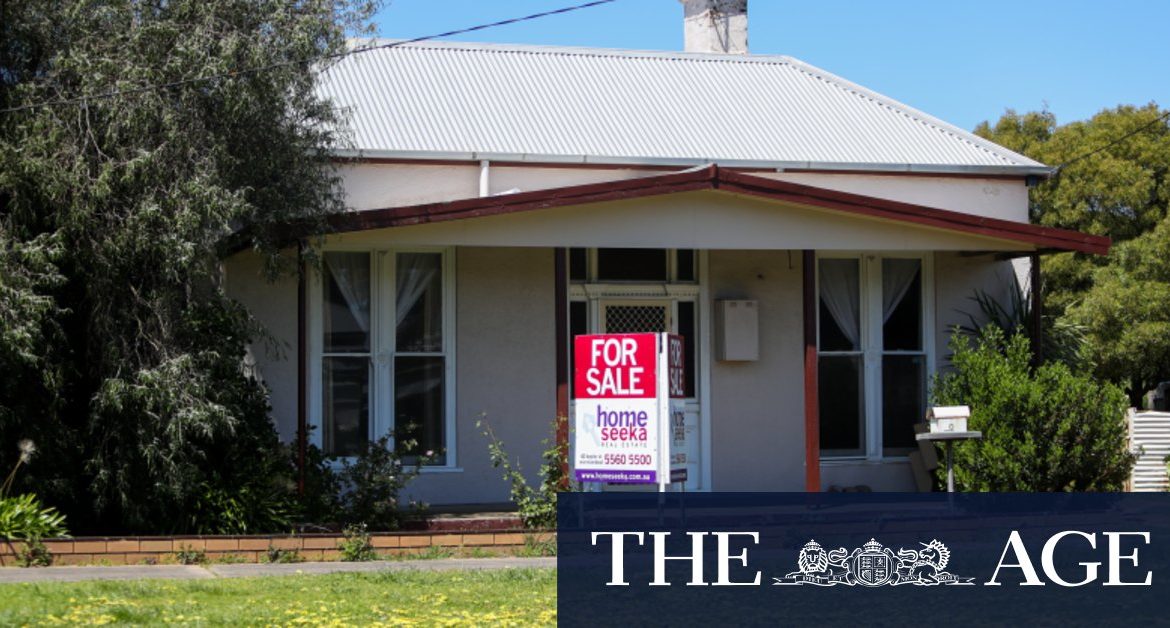Apartment prices fell in every price bracket in the harbour city over the past three months, with the steepest drop of 2 per cent for the highest priced units worth just under $1 million, and the smallest decline of 0.9 per cent for the cheapest apartments priced under $577,880.
CoreLogic head of research for Asia Pacific Tim Lawless said the cheapest segment of the housing market had typically been more resilient to downturns than million-dollar homes due to more volatility in the top-end of town. This also means more expensive homes tend to outperform during price booms.
“This cyclical trend has been amplified by the rise in first home buyer numbers where demand for low to mid-priced properties has remained stronger through the COVID period,” Mr Lawless said.
“Looking forward it’s likely the more expensive end of the housing market will start to outpace the lower quartile, again due to the cyclical factors outlined previously, but also due to the potential for less activity from first home buyers as incentives expire and affordability pressures mount,” he said.
First-home buyer financing is up about 50 per cent compared with the same time last year on Australian Bureau of Statistics figures, bringing it to record levels, while non-first timer activity is up 25 per cent and investor financing has risen 2.8 per cent.
Loading
The federal government introduced HomeBuilder in June, a $25,000 grant for those building a new home, and expanded the First Home Loan Deposit Scheme by 10,000 places for 2020-21, which helps new buyers to use a 5 per cent deposit.
NAB executive of home ownership Andy Kerr said there had been strong demand for the deposit scheme and overall loans to new buyers, particularly in country NSW where there has been a 44 per cent rise in activity led by Ballina, Port Macquarie and the Central Coast. NAB and the Commonwealth Bank of Australia are the major lenders for the program.
“We expect this demand to continue well into 2021, especially given the current conditions make buying cheaper than renting for many prospective first-time homeowners,” Mr Kerr said.
AMP Capital chief economist Shane Oliver said first-home buyer demand was “booming” and he was not expecting a halt in early-2021. “I reckon first home buyer demand will remain really strong over the year ahead reflecting the combination of ultra low interest rates, numerous state and federal incentives aimed at first home buyers and an improving jobs market,” Dr Oliver said.







